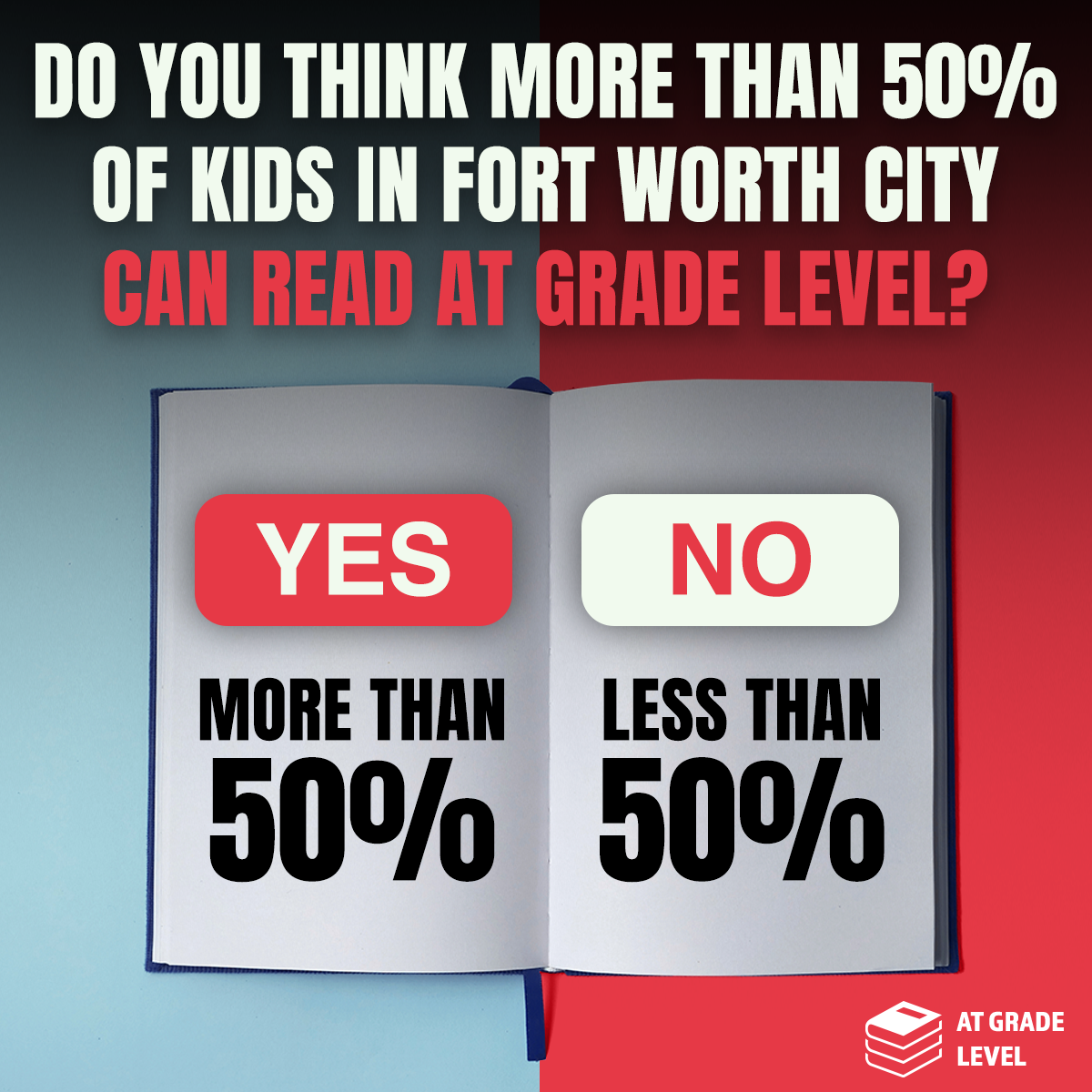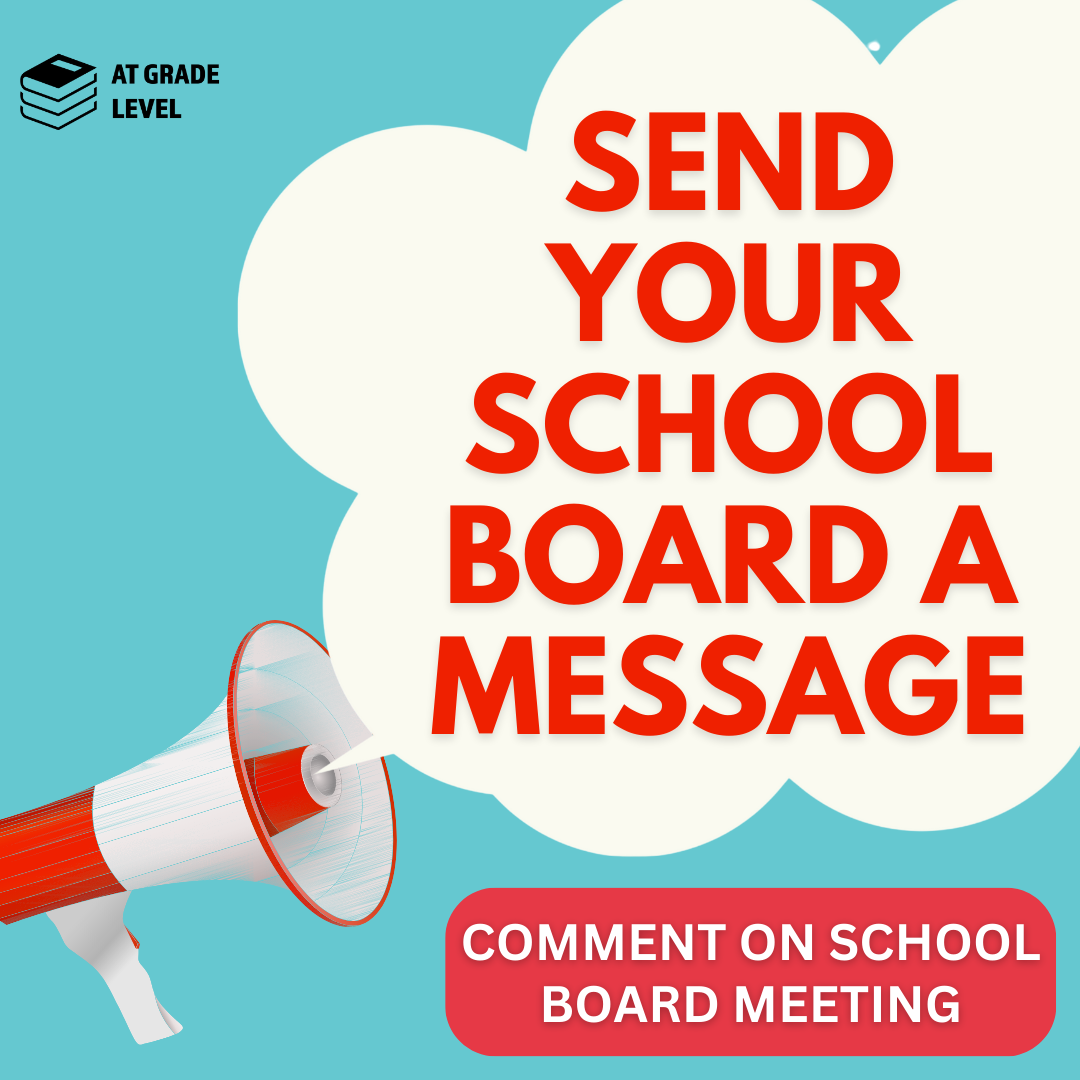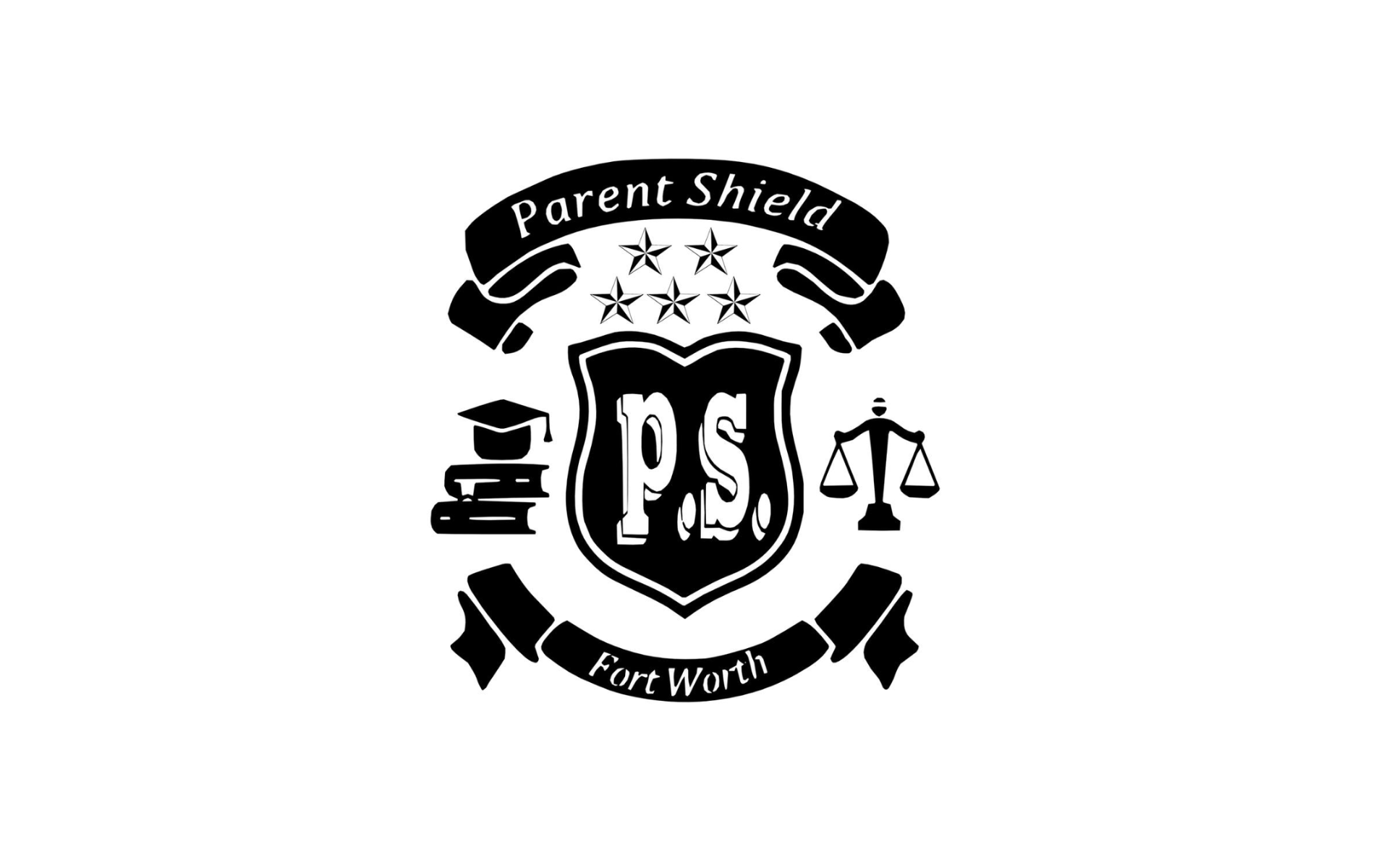Resources
Our resources equip parents with the knowledge and resources to be involved in their child’s reading journey. Check out our reading challenge, the unreported card, parent teacher conference tools, and various partner resources below!


Grade Level Reading Challenge
Select their grade below and consider these questions
- Can they read the text in less than two minutes?
- Are they guessing based on context?
- Do they comprehend the meaning of the passage?

Mine. Yours.


The Wonderful things you will be
When I look at you
And you look at me,
I wonder what wonderful
Things you will be
When you were too small
To tell me hello,
I knew you were someone
I wanted to know.

Where the wild things are
The night Max wore his wolf suit and made mischief of one of a kind and another. His mother called him “ WILD THING” and Max said “ I’LL EAT YOU UP”. So he was sent to bed without eating anything. That very night in Max’s room a forest grew and grew and grew until his ceiling hung with vines and the walls became the world all around and grew and an ocean tumbled by with a private boat for Max and he sailed off through night and day and in and out of weeks and almost over a year to where the wild things are.

Roller Girl


The Magician’s Nephew
Polly had discovered long ago that if you opened a certain little door in the box-room attic of her house you would find the cistern and a dark place behind it which you could get into by a little careful climbing.
The dark place was like a long tunnel with a brick wall on one side and sloping roof on the other. In the roof there were little chunks of light between the slates. There was no floor in this tunnel: you had to step from rafter to rafter, and between them there was only plaster.

Number The Stars
I’ll race you to the corner, Ellen!” Annemarie adjusted the thick leather pack on her back so that her school books balanced evenly. “Ready?” She looked at her best friend.
Ellen made a face. “No,” she said, laughing. “You know I can’t beat you-my legs aren’t as long. Can’t we just walk, like civilized people?” She was a stocky ten year-old, unlike lanky Annemarie. “We have to practice for the athletic meet on Friday- I know I’m going to win the girls’ race this week. I was second last week, but I’ve been practicing every day. Come on, Ellen,” Annmarie pleaded, eyeing the distance to the next corner of the Copenhagen street. “Please?” Ellen hesitated, then nodded and shifted her own rucksack of books against her shoulders. “Oh, all right. Ready,” she said.
“Go!” shouted Annemarie, and the two girls were off, racing along the residential sidewalk. Annemarie’s silvery blond hair flew behind her, and Ellen’s dark pigtails bounced against her shoulders. “Wait for me!” wailed little Kirsti, left behind, but the two older girls weren’t listening.

Smile


The Outsiders
When I stepped out into the bright sunlight from the darkness of the movie house, I had only two things on my mind: Paul Newman and a ride home. I was wishing I looked like Paul Newman— he looks tough and I don’t— but I guess my own looks aren’t so bad. I have light-brown, almost-red hair and greenish-gray eyes. I wish they were more gray, because I hate most guys that have green eyes, but I have to be content with what I have. My hair is longer than a lot of boys wear theirs, squared off in back and long at the front and sides, but I am a greaser and most of my neighborhood rarely bothers to get a haircut. Besides, I look better with long hair.

Roll of Thunder, hear my cry
“Little Man, would you come on? You keep it up and you’re gonna make us late.” My youngest brother paid no attention to me. Grasping more firmly his newspaper-wrapped notebook and his tin-can lunch of cornbread and oil sausages, he continued to concentrate on the dusty road. He lagged several feet behind my other brothers, Stacey and Christopher-John, and me, attempting to keep the rusty Mississippi dust from swelling with each step and drifting back upon his shiny black shoes and the cuffs of his corduroy pants by lifting each foot high before setting it gently down again. Always meticulously neat, six-year-old Little Man never allowed dirt or tears or stains to mar anything he owned. Today was no exception.

To Kill a Mockingbird
When he was nearly thirteen, my brother Jem got his arm badly broken at the elbow. When it healed, and Jem’s fears of never being able to play football were assuaged, he was seldom self-conscious about his injury. His left arm was somewhat shorter than his right; when he stood or walked, the back of his hand was at right angles to his body, his thumb parallel to his thigh. He couldn’t have cared less, so long as he could pass and punt. When enough years had gone by to enable us to look back on them, we sometimes discussed the events leading to his accident. I maintain that the Ewells started it all, but Jem, who was four years my senior, said it started long before that. He said it began the summer Dill came to us, when Dill first gave us the idea of making Boo Radley come out.

1984
“Just the man I was looking for,” said a voice at Winston’s back. He turned round. It was his friend Syme, who worked in the Research Department. Perhaps “friend” was not exactly the right word. You did not have friends nowadays, you had comrades; but there were some comrades whose society was pleasanter than that of others. Syme was a philologist, a specialist in Newspeak. Indeed, he was one of the enormous team of experts now engaged in compiling the Eleventh Edition of the Newspeak dictionary. He was a tiny creature, smaller than Winston, with dark hair and large, protuberant eyes, at once mournful and derisive, which seemed to search your face closely while he was speaking to you.

One Flew Over the Cuckoo’s Nest
Eight o’clock every Tuesday morning I showed up at the vet’s hospital in Menlo Park, ready to roll. The doctor deposited me in a little room on his ward, dealt me a couple of pills or a shot or a little glass of bitter juice, then locked the door. He checked back every forty minutes to see if I was still alive, took some tests, asked some questions, and left again. The rest of the time I spent studying the inside of my forehead, or looking out the little window in the door. It was six inches wide and eight inches high, and it had heavy chicken wire inside the glass.
You get your visions through whatever gate you’re granted.

Playing in the Dark
These chapters put forth an argument for extending the study of American literature into what I hope will be a wider landscape. I want to draw a map, so to speak, of a critical geography and use that map to open as much space for discovery, intellectual adventure, and close exploration as did the original charting of the New World-without the mandate for conquest. I intend to outline an attractive, fruitful, and provocative critical project, unencumbered by dreams of subversion or rallying gestures at fortress walls.












